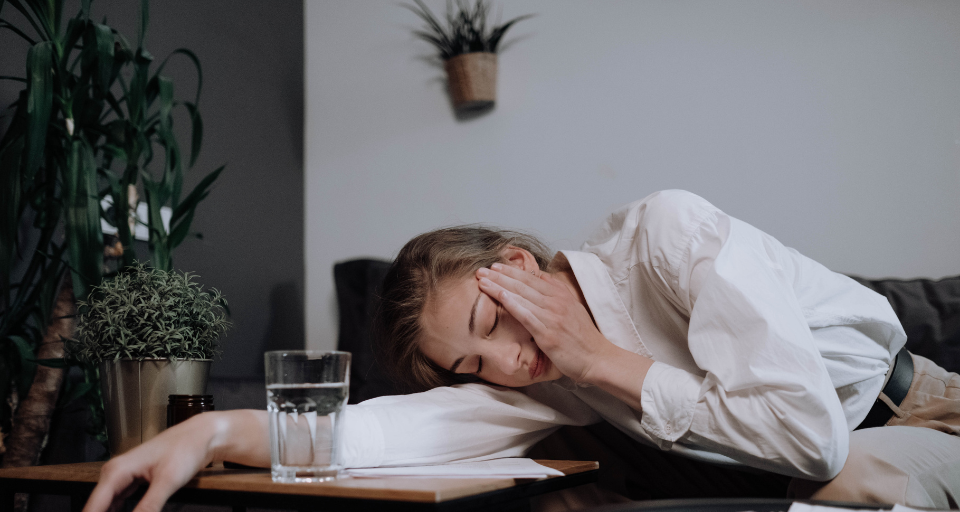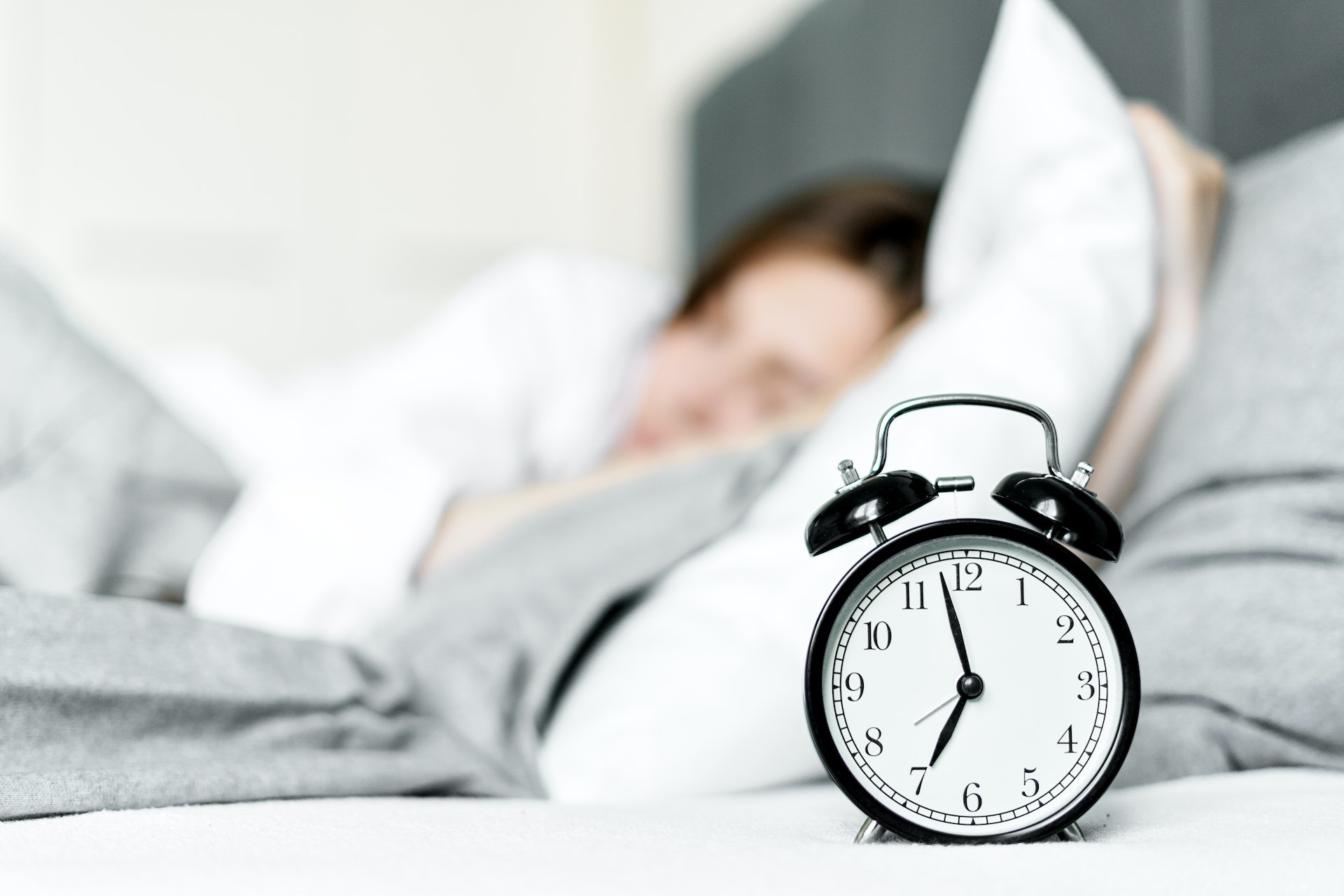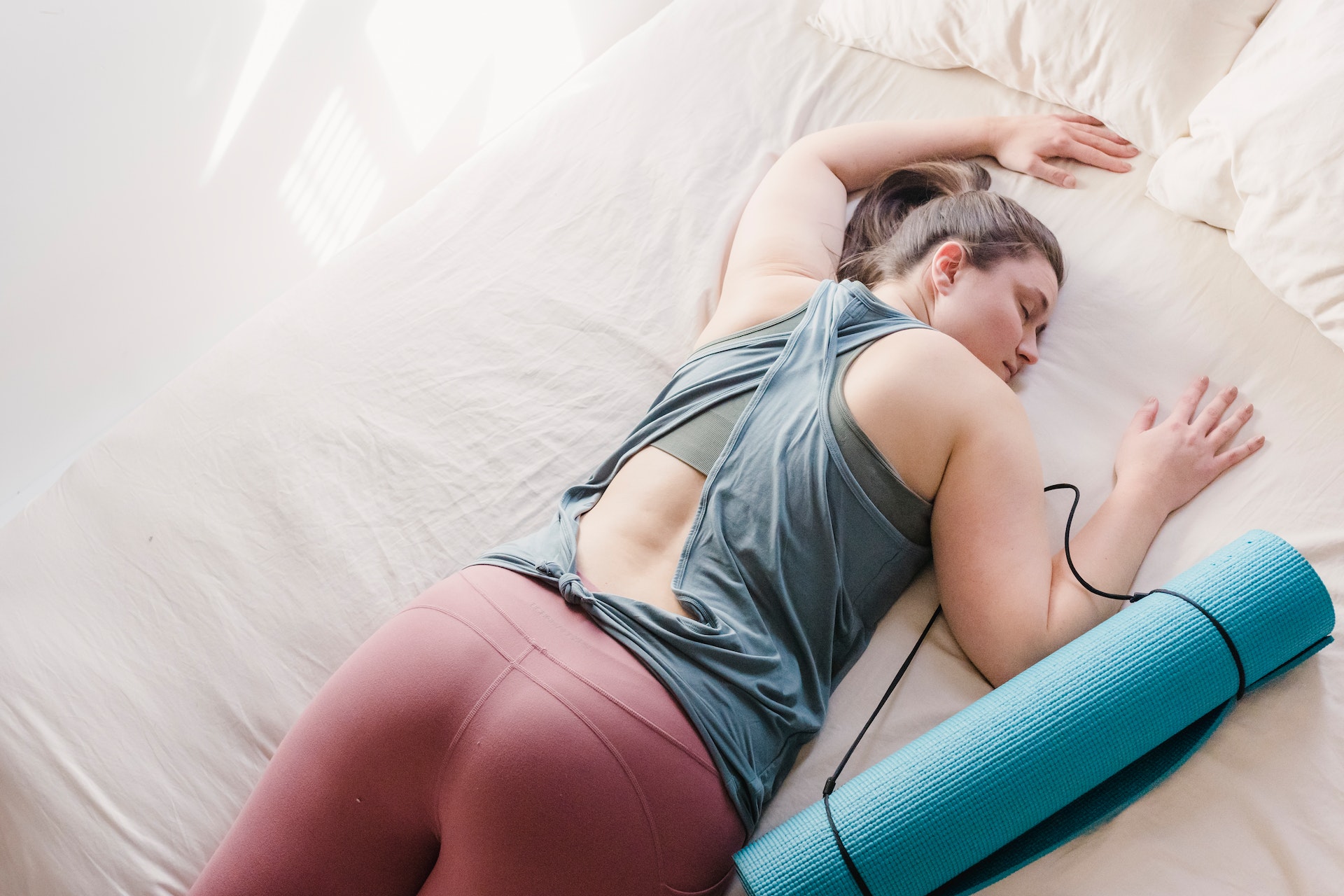Alternatives for Those Who are Unable to Get Enough Restful Sleep

There are a variety of reasons why someone might not be able to get enough restful sleep. Maybe they have a newborn baby at home and are up all night caring for them. Or maybe they work long hours and are only able to catch a few winks here and there. Whatever the reason, not getting enough sleep can have serious consequences.
Introduction: The Importance of Sleep
Sleep is important for our physical and mental health. It helps our bodies recover from the day’s activities and gives our brains a chance to rest and process information. Not getting enough sleep can lead to physical health problems like heart disease, obesity, and diabetes. It can also impact our mental health, causing anxiety, depression, and forgetfulness.
If you’re not getting enough restful sleep, there are some alternatives that may help you get the rest you need. Taking a nap during the day can help boost your energy levels and improve your mood. Exercise can also help you sleep better at night by releasing endorphins that promote relaxation. And making sure to wind down before bed by reading or taking a hot bath can help prepare your body for sleep.
What are the Consequences of Not Getting Enough Sleep?
Many people do not get enough sleep, and this can have significant consequences. The most immediate consequence of sleep deprivation is fatigue. When you are tired, you are less likely to be able to concentrate and perform well at work or school. You may also be more accident-prone. Sleep deprivation can also lead to other health problems in the long term, such as obesity, heart disease, stroke, and diabetes. If you are struggling to get enough sleep, there are some things you can do to try and improve your sleep habits.
The Different Types of Insomnia
There are three types of insomnia: transient, acute, and chronic.
Transient insomnia lasts for less than a week. It’s usually caused by a life event, such as stress from a job interview or starting a new job. Acute insomnia lasts for one to two weeks. It’s often caused by an illness, such as the flu. Chronic insomnia lasts for more than three weeks. It can be caused by medical conditions, such as depression or anxiety disorders.
Causes of Insomnia
There are many potential causes of insomnia, and it can be tough to pinpoint the root cause of sleeplessness. Often, it is a combination of several factors that make it difficult to fall asleep and stay asleep through the night. Some common causes of insomnia include:
– Stress: both day-to-day stressors and major life changes can trigger insomnia. When we’re stressed, our bodies go into “fight or flight” mode, which makes it harder to relax and fall asleep.
– Poor sleep habits: if you have trouble winding down at night or you often sleep in an uncomfortable environment, it can lead to difficulty falling asleep and staying asleep.
– Certain medications: some prescription and over-the-counter medications can interfere with sleep. If you’re taking medication that’s causing insomnia, speak with your doctor about alternatives.
– Caffeine: caffeine is a stimulant that can keep you feeling awake and alert. If you consume caffeine close to bedtime, it can make it hard to fall asleep.
– Alcohol: while a glass of wine may help you relax before bed, alcohol actually disrupts sleep later in the night. It’s best to avoid alcohol before bed if you’re struggling with insomnia.
Treatments for Insomnia
There are many treatments for insomnia, but not all of them are right for everyone. It is important to work with your doctor to find the best treatment for you.
Some people find that making lifestyle changes is enough to help them get better sleep. Others may need medication or other medical interventions.
There are a number of different medications that can be used to treat insomnia. Some people respond well to one type of medication, while others may need to try several before finding one that works for them.
Behavioral therapies can also be helpful in treating insomnia. This type of therapy can teach you how to change your sleep habits and make your environment more conducive to sleep.
If you have chronic insomnia, you may need to be treated with a combination of therapies. Work with your doctor to find the best treatment plan for you.
Some Final Thoughts on Sleeping Better
There are many different ways that people can improve their sleep. Some people may need to see a doctor to find out what is causing their sleep problems. Others may be able to improve their sleep by making some simple lifestyle changes.
If you are having trouble sleeping, there are a few things you can do to try and improve your sleep. First, make sure that you are going to bed at a reasonable time. It is also important to create a comfortable environment in your bedroom. This means keeping the room dark and cool, and free from noise and distractions.
Another important thing to do if you want to sleep better is to establish a regular sleep routine. This means going to bed and waking up at the same time each day. It can be helpful to avoid caffeine and alcohol before bed, as these substances can interfere with sleep. Finally, it is important to get at least 30 minutes of exercise each day, as this can help improve your overall sleep quality.
Warning: this article does not constitute medical advice. The article contains the author’s personal opinion and personal conclusions and observations. If you have problems with sleep or are interested in other issues related to it, it is better to consult your doctor.









